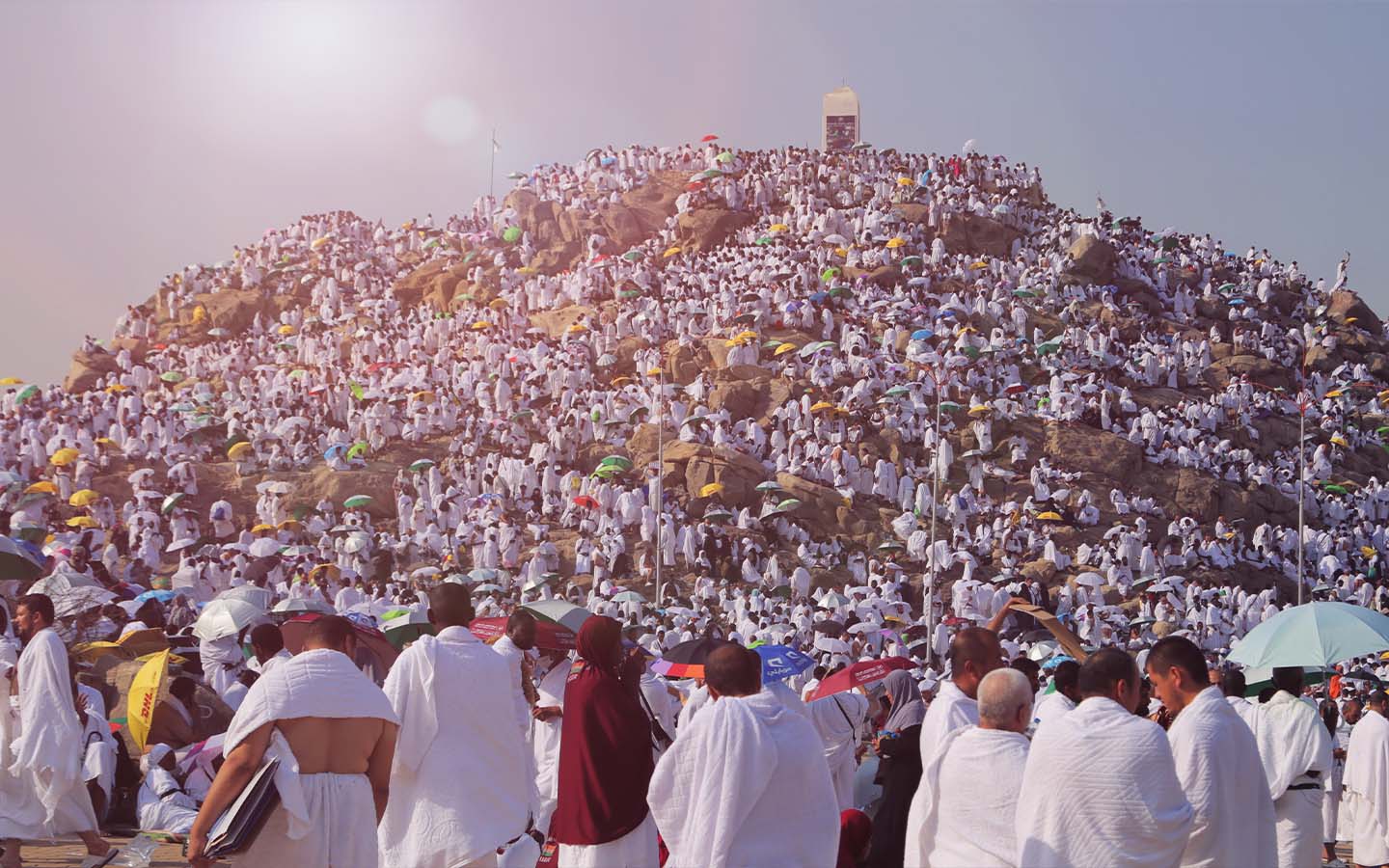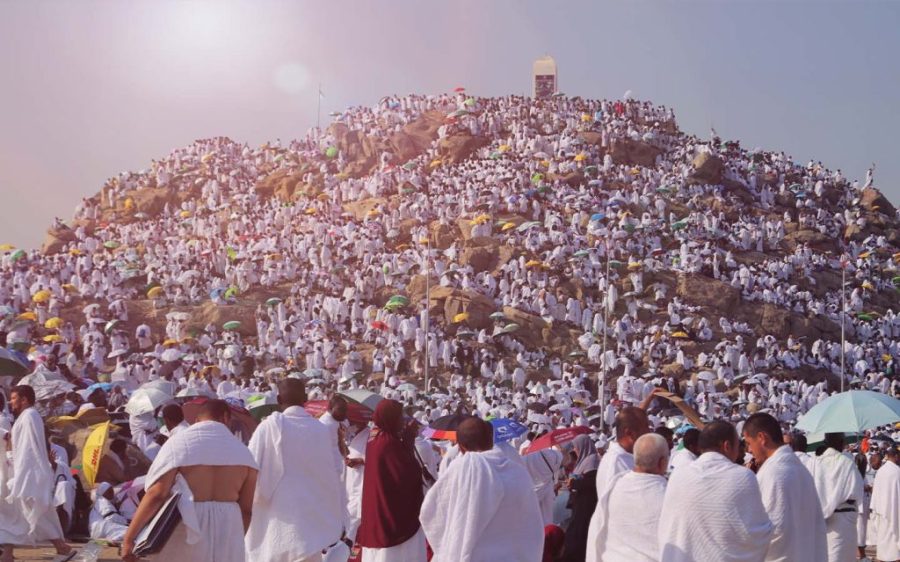More than 1,080 people taking part in the Hajj – an annual Islamic pilgrimage to the Saudi Arabian city of Mecca – have died from extreme heat, according to multiple media reports.
Around 650 of those who have lost their lives are Egyptians, including 630 unregistered pilgrims, who are especially vulnerable as they are unable to use the air-conditioned refuges that are reserved for the use of the 1.8 million registered devotees. Some 183 Indonesians are known to have succumbed, along with 58 Pakistanis.
In accordance with the Islamic calendar, the Hajj took place this year between 14 and 19 June, during the scorching Saudi Arabian summer, which saw temperatures of up to 51.8°C in the shade at Mecca’s Grand Mosque.
[See more: The Asian heatwave is shattering meteorological records]
“We didn’t even have the strength to reach the steles due to the extreme heat,” said Azza Hamid Brahim, a pilgrim from Egypt, who spoke to AFP. “My hands were shaking, my body was about to collapse, and I was unable to continue.”
While the Hajj has long been a ritual that has taken place during hot temperatures, climate change is making the pilgrimage far more challenging. A 2021 study concluded that a 1.5°C increase in world temperature would put pilgrims at five times the risk of suffering from heat stroke.
Last year, which saw temperatures reach as high as 48°C, there were more than 2,000 pilgrims affected by heat stress.






